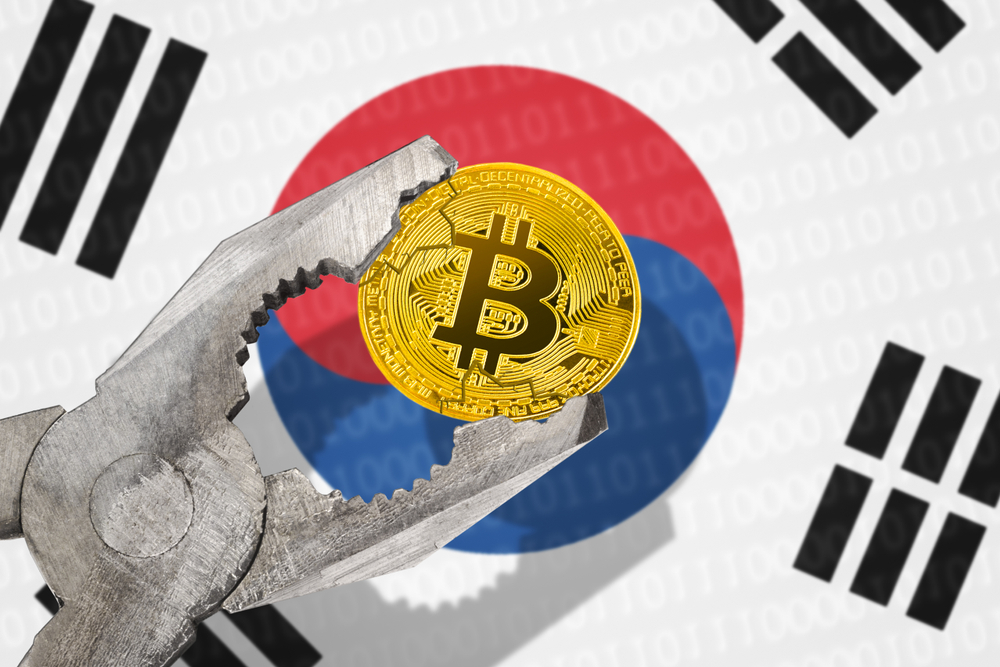South Korea’s regulatory agency maintained its stance to ban crypto exchange-traded funds (ETF) even after its counterpart in the US approved 11 applications for spot Bitcoin ETFs. The Financial Services Commission (FSC) official indicated that the developments witnessed midweek in the US are insufficient within the South Korean regulatory landscape.
The FSC, in its statement, reiterated that the US ETF approval will not force South Korea into rushed regulatory amendments.
Reasons for South Korea’s Ban Against Crypto ETFs
The South Korean regulator expressed concerns about the decision to uphold the ban announced in December 2017 prohibiting financial institutions from pursuing crypto investment. The FSC cited illicit fund outflows, speculative losses, and money laundering as the basis for reiterating the ban.
The decision to uphold the ban prevents the development of crypto ETFs in South Korea. The FSC official illustrated that the US Securities and Exchange Commission (SEC) reluctantly approved 11 proposals for spot Bitcoin ETF.
A Thursday, January 11 publication by a South Korean news outlet captured the FSC’s official pronouncement that the US securities watchdog reluctantly approved the virtual asset ETFs in response to the court’s directive in the Grayscale Investments ruling.
The South Korean regulatory body reflected on the past efforts that featured active solicitation of public feedback concluded on February 13 last year. The process involved promoting inclusivity towards decision-making.
FSC indicated that the feedback would constitute a critical input towards designing South Korea’s approach to crypto. The regulator plans to complete the detailed review by mid-2024.
FSC reiterated its rigid oversight mission targeting the crypto industry by introducing proposals reinforcing responsible practices and safeguarding users. The FSC proposals feature a ban targeting credit card usage to acquire digital currencies. The regulator explained that the move aims to heighten scrutiny of financial instruments linked to the crypto market.
A recent move by the FSC features the advocacy for a stringent policy for the crypto exchanges. The regulator proposes that such platforms should have 80% of the client deposits within the cold wallets.
The FSC suggested that crypto exchanges impose fees on withdrawals to encourage financial prudence.
South Korea Adopts Cautious Crypto Regulations
South Korea’s march towards crypto regulations portrays the active implementation of two plans. The initial phase began implementation in 2023, while the second phase is slated to start in July.
The plans feature unique designs that advance transparency in crypto issuance, listing, and delisting.
The South Korean official reflected on the cautious approach of the US as a reference point following the crypto market fluctuations witnessed in 2022. Also, the US SEC prevented financial institutions from undertaking virtual asset investments.
South Korea deploys a similarly cautious approach, arguing that rushed recognition of crypto investments would weaken the demand base for the local stock market.
